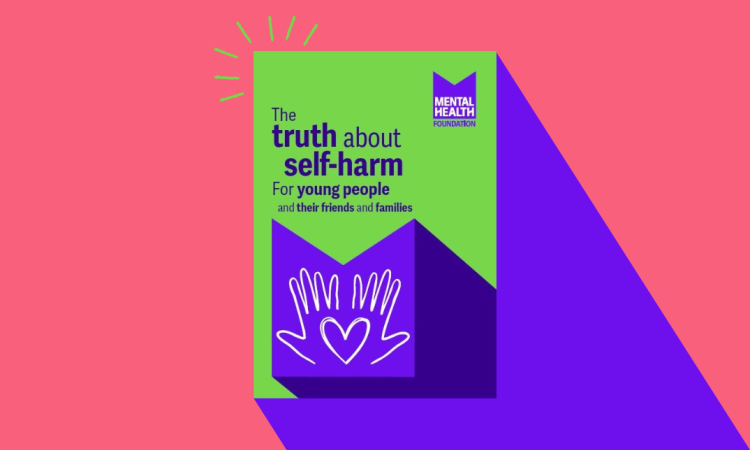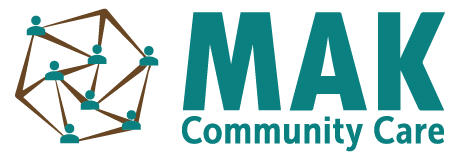Understanding Self-Harm and How to Cope

What is Self-Harm?
Self-harm refers to behaviours where individuals hurt themselves to cope with intense emotions or difficult circumstances. Common forms of self-harm include cutting, burning, hitting oneself, or other actions that cause physical injury. While it might provide temporary relief, it does not solve underlying emotional struggles, and often leads to feelings of guilt or shame.
It’s important to note that most people who self-harm are not trying to end their lives; instead, they are struggling with how to manage overwhelming feelings. If you or someone you know is experiencing self-harm, it’s essential to approach the situation with care and compassion.
Why Do People Self-Harm?
There is no single reason why someone might self-harm, but it is often a way to cope with emotional pain, stress, or trauma. Common triggers can include bullying, difficulties at home, anxiety, depression, and low self-esteem. The desire to escape from painful emotions or to express feelings that are difficult to verbalise can lead to self-harming behaviours.
Recognising the Signs
Self-harm isn’t always visible, and many people hide their injuries. However, some signs to watch for include:
- Unexplained cuts, bruises, or marks
- Wearing long sleeves or trousers in hot weather to cover up
- Withdrawal or isolation from social situations
- Changes in mood, such as depression or irritability
- Talking about self-harm or expressing feelings of hopelessness
If you notice these signs, it’s important to approach the person with care and offer support. Open, non-judgemental conversations can help someone who is struggling feel less alone.
Coping Strategies and Support
There are ways to cope with the urge to self-harm. Here are some strategies to try:
- Talk to Someone – Whether it’s a friend, family member, or healthcare professional, talking openly about your feelings can be a relief. If it’s hard to start the conversation, writing down your thoughts can be helpful.
- Create a Safe Box – A safe box is a personal toolkit filled with comforting and calming items, such as a favourite book, music, or things that remind you of positive moments.
- Engage in Activities You Enjoy – Sometimes, engaging in hobbies like art, sports, or even spending time with people you trust can provide a much-needed distraction and emotional relief.
- Mindfulness Techniques – “Surfing the urge” is a technique where you acknowledge the urge to self-harm without acting on it. Just like a wave, these emotions will pass if you allow yourself to feel them without responding impulsively.
Getting Help
If you or someone you know is struggling with self-harm, remember that there is help available. Speaking to a professional can be an essential first step toward finding healthier coping mechanisms. You don’t have to go through this alone—support is just a conversation away.
For more detailed guidance on self-harm, visit The Mental Health Foundation’s “The Truth About Self-Harm” guide for additional resources and advice.
